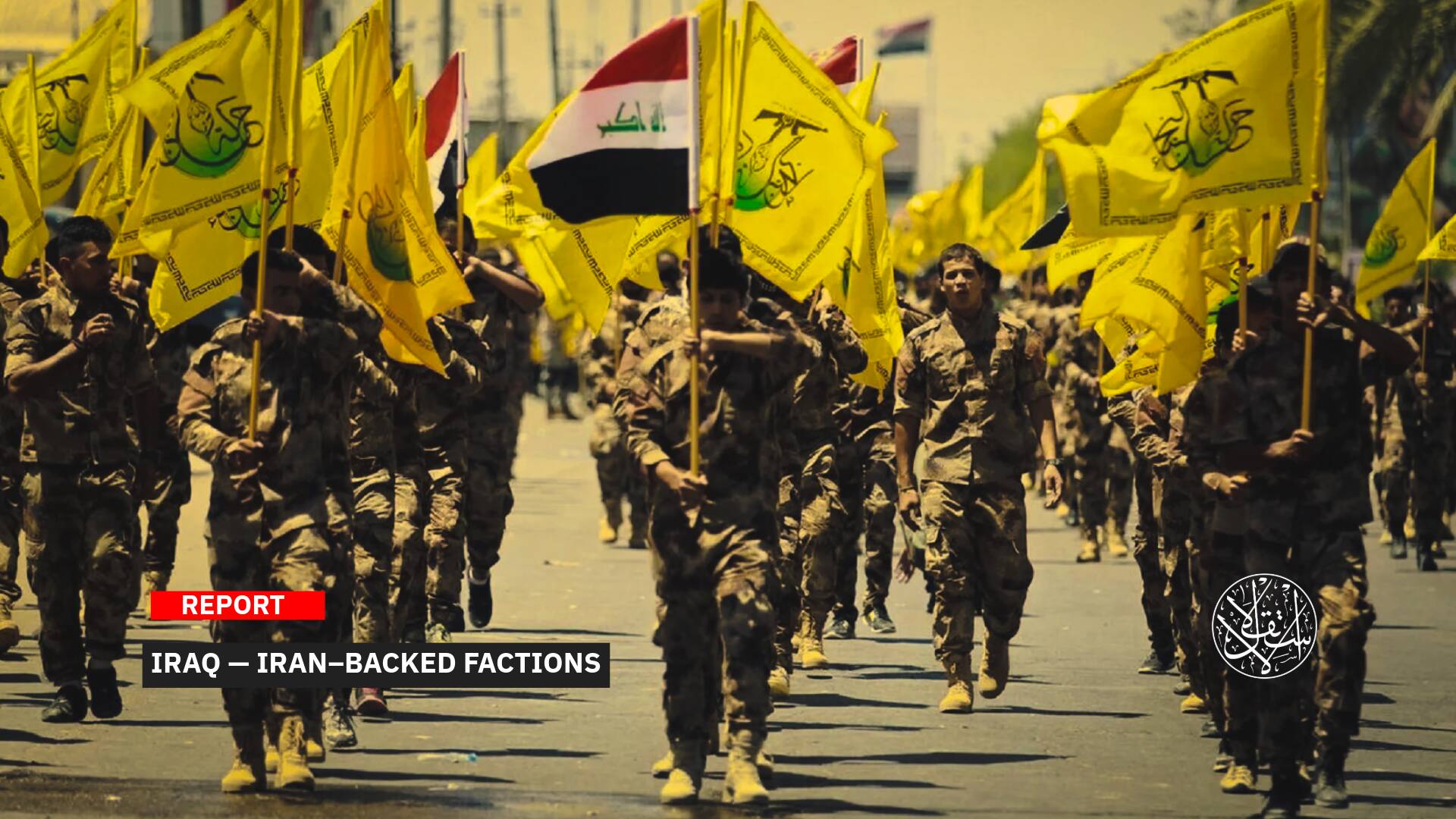Birth Rates in Egypt: Sisi’s Misleading or Real Problem?

The Central Agency for Mobilization and Statistics in Egypt confirmed that the fertility rate in Egypt reaches 3.4%, explaining that the government aims to reduce it to 2%.
"Studies indicate that if the reproductive rate continues at 3.4%, the population in 2052 will reach 193 million, while if the birth rate drops to 2%, the census in 2052 will reach 150 million," said Statistics Chief Abdul Hamid Sharaf in a TV statement.
He added: "When we spend a pound on facing the issues of population growth, the economic return will be high for the state," calling on citizens to join hands with the state to face the population increase.

Sisi Blames
One of the main aspects of the population explosion in Egypt is that Sisi always blames the people for it.
According to the Information and Decision Support Center of the Prime Minister's Office, young Egyptians are the number one worker productivity hub on the entire African continent.
But despite this population productivity, Sisi justifies the failure of the state in increasing welfare and covering citizens’ basic needs by blaming the people for not regulating birth control.

In January 2021, Sisi blamed the Egyptian people for the increase in population and the weakness of the educational system.
“The people who ask me about education, I tell them and what about birth control? Or do you want to be the ones asking, but not the ones being asked anything?" he said in a conference in Port Said.
Again, in February 2021, Sisi said that population growth is a "major threat" to the state, putting more pressure on it and affecting its efforts, calling on Egyptians to regulate birth control, saying "more than two children is a very big problem."
In August 2018, Sisi blamed the 2011 revolution on the population growth as well, he said: "Population growth almost destroyed the state in 2011. The crisis of population growth, when the country's capacity exceeds its limit, entails many negative practices."
"We need to review and rationalize the support system, which the state is budgeting for billions a year, part of which is wasted. The subsidies cost the state 275 billion pounds a year [about $17 billion and $520 million]."
Is Egypt Really a Poor Country?
Since coming to power in 2013 through a military coup, Sisi has always maintained that Egypt is a poor country, that the state has no resources for citizens to enjoy well-being, and that the state treasury has no surplus to give to citizens.
That tone changed from 2015 onwards, when criticism of Sisi's economic performance intensified, especially with the float of the Egyptian pound in 2016, when Sisi's rhetoric changed from collecting sympathy and addressing feelings to fear and terrorism.
In February 2016 he threatened those who were interested in conspiring against Egypt, and one month later he used threatening language to his opponents in general.
But this rhetoric didn’t change the fact that Sisi is directing billions of dollars to projects that citizens do not benefit from.
The new administrative capital alone has wasted billions of dollars from Egyptians’ pockets, Reuters said in a report that the first phase of the construction of the administrative capital cost $25 billion.
Another source of income comes from foreign loans and deposits, as of June 2018, there were Gulf deposits with the Central Bank of Egypt amounting to $12.0 billion.
Moreover, an IMF loan of $12 billion was sent to Egypt,besides a $3.0 billion World Bank loan, and two loans from the African Development Bank and the European Bank for Reconstruction of $3 billion.
This means that Sisi has collected more than $30.0 billion in 4 years only, which is contrary to the fact that there is no cash flow in the state.
Sisi’s Economic Empire
According to several sources, population growth hasn’t harmed Egypt’s economy as much as the army’s expansionist strategy in Egypt’s economic sectors.
AbdelKhaleq Faroq, an Egyptian researcher, estimates the size of the economic activity of the Egyptian military establishment in 2018 at more than 800 billion pounds per year.

These profits are represented by companies and factories owned by the armed forces, the national service, and the ratios of the contribution of the Engineering Authority of the Armed Forces to the construction projects supervised or self-established by themselves.
In addition to owning assets and property of just over 1.5 trillion pounds before the pound was floated in November 2016, especially after adding the element of land under the control of the armed forces under the pretext of national security requirements, which are used in commercial and real estate activities (such as the new administrative capital).
“This activity generates annual revenues and profits of more than 180 billion pounds, for which taxes are not paid, all of which are placed in private funds and accounts outside the state budget, outside the scope of financial legitimacy and accounting control,” Faroq added in his research titled “The Dead End.”
In addition, the military receives about 50 billion pounds in the state budget in 2017/18, in addition to the US military support, estimated at about $1,300 million per year (equivalent to 23.4 billion Egyptian pounds according to the prevailing exchange rates in 2017, and therefore the share of this institution in the Egyptian national income exceeds 1.2 trillion pounds, which is equivalent to about 25% to 30% of the national income of the country in 2017, It is increasing after this year.
“Can we say after this that Egypt is really poor”? Faroq asks.












